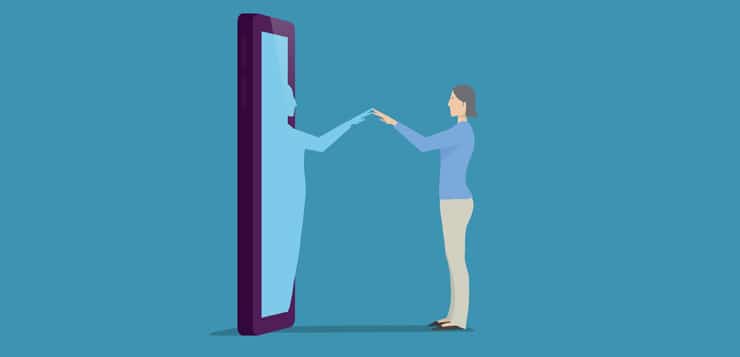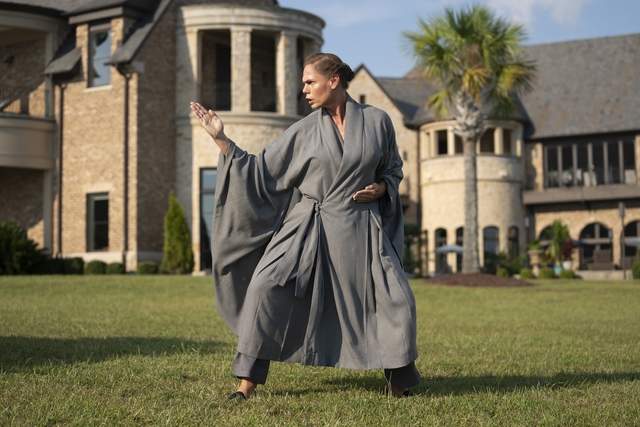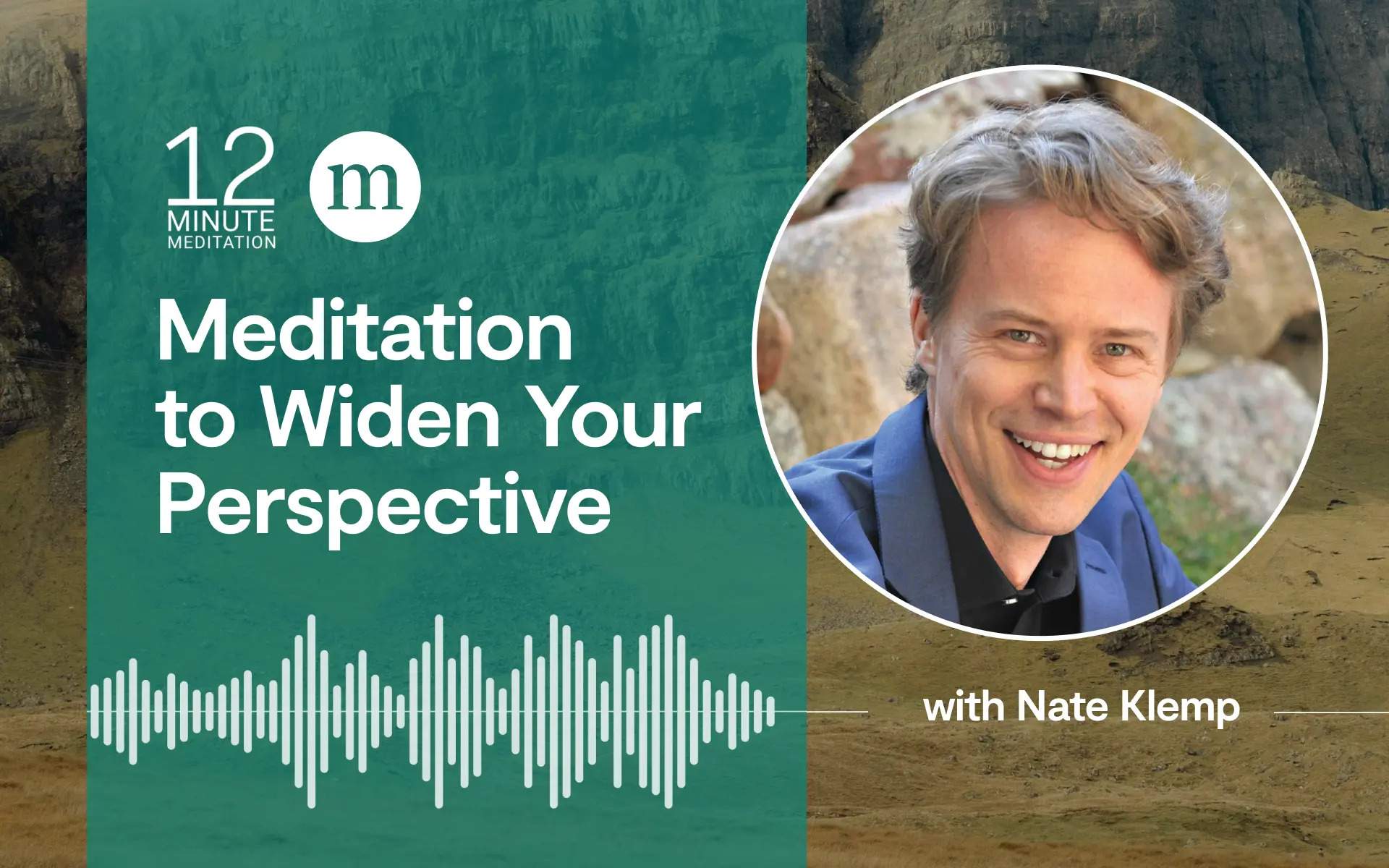Like much of the best science fiction, the British TV series Black Mirror explores what might happen if some of the technologies we use today became more powerful and widespread. In an episode called “Nosedive,” we’re treated to a world where the social media convention of liking/not liking and rating everything is taken to extremes. You’re rated on every interaction with everyone you encounter from your boss to your barista—and they rate you back. To top it off, all ratings contribute to your cumulative score, and everyone is fitted with eyeglass-like implants that allow them to see your score. Those with lower scores get worse jobs, worse places to live, and have few or no friends above their rating level. The main character has a few bad days and her score plummets, eventually resulting in her being completely ostracized. It’s fiction, but it rings a little too true—a chilling statement on the power of judging.
We have a natural tendency to think that the thoughts we generate in our minds are our own.
Where do the snap judgments and other thoughts come from that can cause us to inflict so much pain on ourselves and each other? We have a natural tendency to think that the thoughts we generate in our minds are our own. We cook them up in our own heads. We decide whom we like and don’t like and what is good and bad. It’s what makes me me.
But in fact thoughts enter our heads from all kinds of places and they hang around waiting to be recycled at the appropriate moment. As the song about racism from South Pacific says,
You’ve got to be taught
To hate and fear…
University of San Francisco law professor Rhonda Magee emphasizes media literacy—knowing how the views we hear expressed from a young age from figures of authority and in the media enter our minds and become our own, usually unexamined. Even a simple thing like the weather report repeatedly telling us that rain is “bad weather” trains us to think less of the needs of farmers and more of the needs of vacationers.
Magee also teaches mindfulness, because there are two ways that it can support our efforts to not be overtaken by views and judgments that insidiously creep into our minds: It can help us to see that a thought is not necessarily a fact, before we act on it; and it can help us be aware of what’s happening when we take in new information. Does it seep in unfiltered, or do we make room to evaluate it?
If we were just thought-beings, our judgments might not be such a problem, but we’re connected to bodies that can take action—including sharing thoughts out loud. Thoughts deserve our attention. They are where the best and worst of who we are is born.








